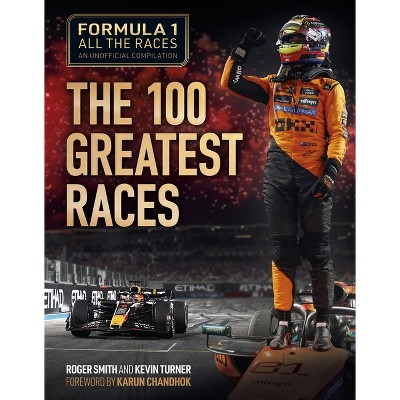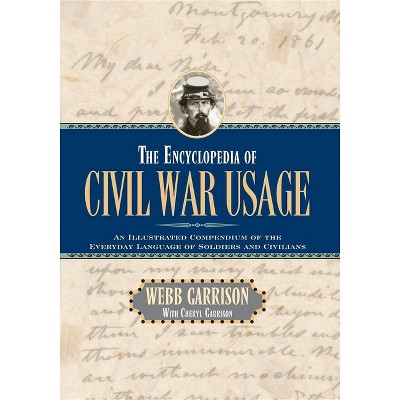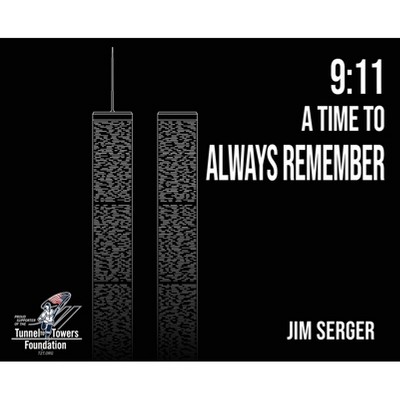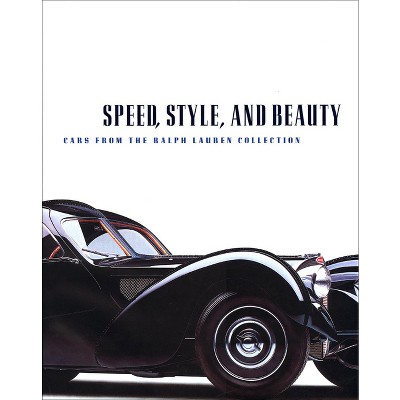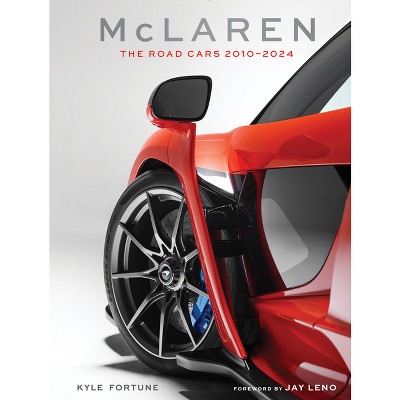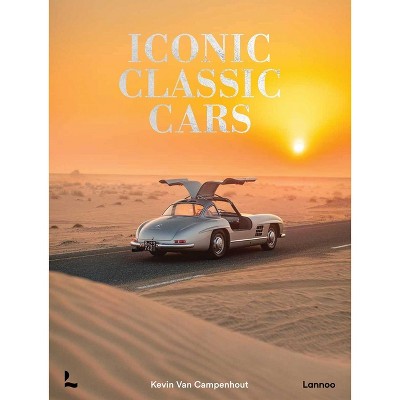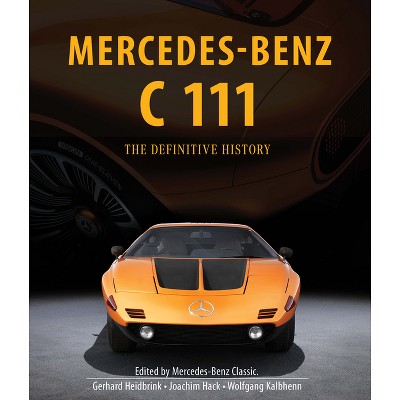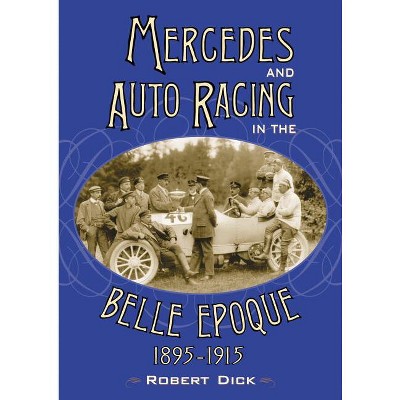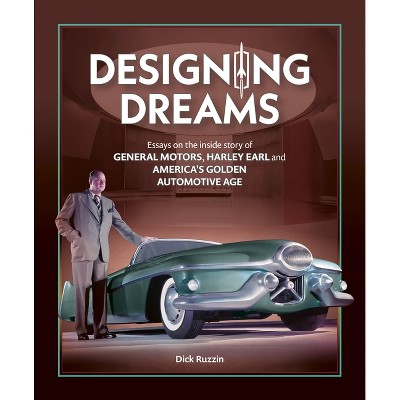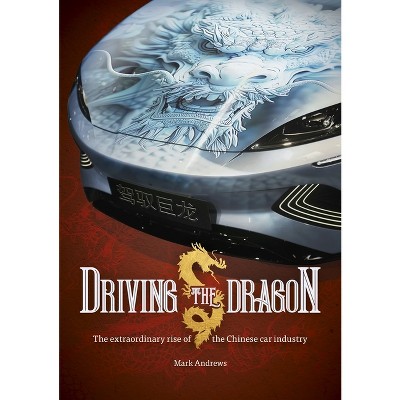Sponsored

Mercedes and Benz Racing 1900-1955 - by Roy P Smith (Hardcover)
In Stock
Sponsored
About this item
Highlights
- Trans-Am Challengers: The Story Behind Detroit's Racing RevolutionIn April 1964, Ford's Mustang pony car stormed onto the scene, igniting a sales phenomenon that forced Detroit's other automakers to scramble to create their own competitors.
- About the Author: Roy Smith is an award-winning automotive historian and retired company director with an insatiable passion for motorsport.
- 592 Pages
- Transportation, automotive
Description
About the Book
Mercedes and Benz Racing 1900-1955 is an appreciation of the incredible racing performances from 1900 up to 1955 when Daimler-Benz withdrew from Grand Prix and Sports car racing: the first 55 years of trials, tribulations, victories, setbacks, and the external influences that impacted on the Mercedes-Benz racing department.Book Synopsis
Trans-Am Challengers: The Story Behind Detroit's Racing Revolution
In April 1964, Ford's Mustang pony car stormed onto the scene, igniting a sales phenomenon that forced Detroit's other automakers to scramble to create their own competitors. Around the same time, the Sports Car Club of America (SCCA) was transforming from a purely amateur organisation into a professional racing powerhouse, introducing prize-money championships.
By 1966, the SCCA launched two landmark series: the Canadian-American Challenge Cup (Can-Am) and the Trans-American Sedan Championship (Trans-Am). While Can-Am focused on unlimited FIA Group 7 sports cars, Trans-Am catered to FIA Group 2 touring cars, with classes divided by engine sizes: up to 2000cc and 2001-5000cc. The Over-2000cc class was crafted specifically with the Mustang in mind, ensuring Ford's interest and leveraging the growing pony car wars.
Chevrolet answered Ford's Mustang with the launch of the Camaro in September 1966, sparking fierce competition on the track and in showrooms. Soon, Mercury, Pontiac, Dodge, Plymouth, and AMC joined the fray, turning the Trans-Am series into a battleground for Detroit's 'Big Four'. Manufacturers saw Trans-Am success as a path to dominance, investing heavily in developing race-ready cars and unleashing low-production homologation specials like the Mustang Boss 302, Camaro Z28, Pontiac Firebird Trans-Am, AMC Javelin Mark Donohue Edition, Dodge Challenger T/A, and Plymouth 'Cuda AAR--now some of the rarest and most valuable classic American cars.
Beyond the famous Mustang and Camaro rivalry, this book uncovers the untold stories of their challengers and the relentless pursuit of sales glory. Mercury nearly claimed the championship in 1967, and AMC triumphed in 1971 and 1972 with Penske Racing. The fierce competition left an indelible mark on American motorsport history.
A chapter also explores lesser-known contenders from outside the U.S., such as Ford Falcon Sprints in the British Saloon Car Championship and the powerful Holden Monaros and Ford Falcons that dominated Australian circuits.
This is more than just a tale of Mustang versus Camaro--it's the story of an era when Detroit's finest fought to conquer the track and the showroom floor, leaving a legacy of engineering brilliance and motorsport passion.
About the Author
Roy Smith is an award-winning automotive historian and retired company director with an insatiable passion for motorsport. A meticulous researcher and masterful storyteller, he has been honoured with the prestigious Guild of Motoring Writers Mercedes-Benz Prize and the Montagu of Beaulieu Trophy for his contributions to automotive history.
With over 40 years in sales and marketing, Roy honed an eye for detail--an invaluable skill that fuels his acclaimed works on motorsport's most groundbreaking eras. From the pioneering days of turbocharged Formula 1 to the legendary Alpine Renault and the genius of Amédée Gordini, his books are regarded as definitive references in the field.
Beyond the page, Roy has spent decades chronicling motorsport's greats, from his early days interviewing legends for club magazines to writing for international publications as a UK historic correspondent.
With this book, he continues his lifelong mission: to preserve and share the untold stories of motorsport's golden age--ensuring they race on for generations to come.
